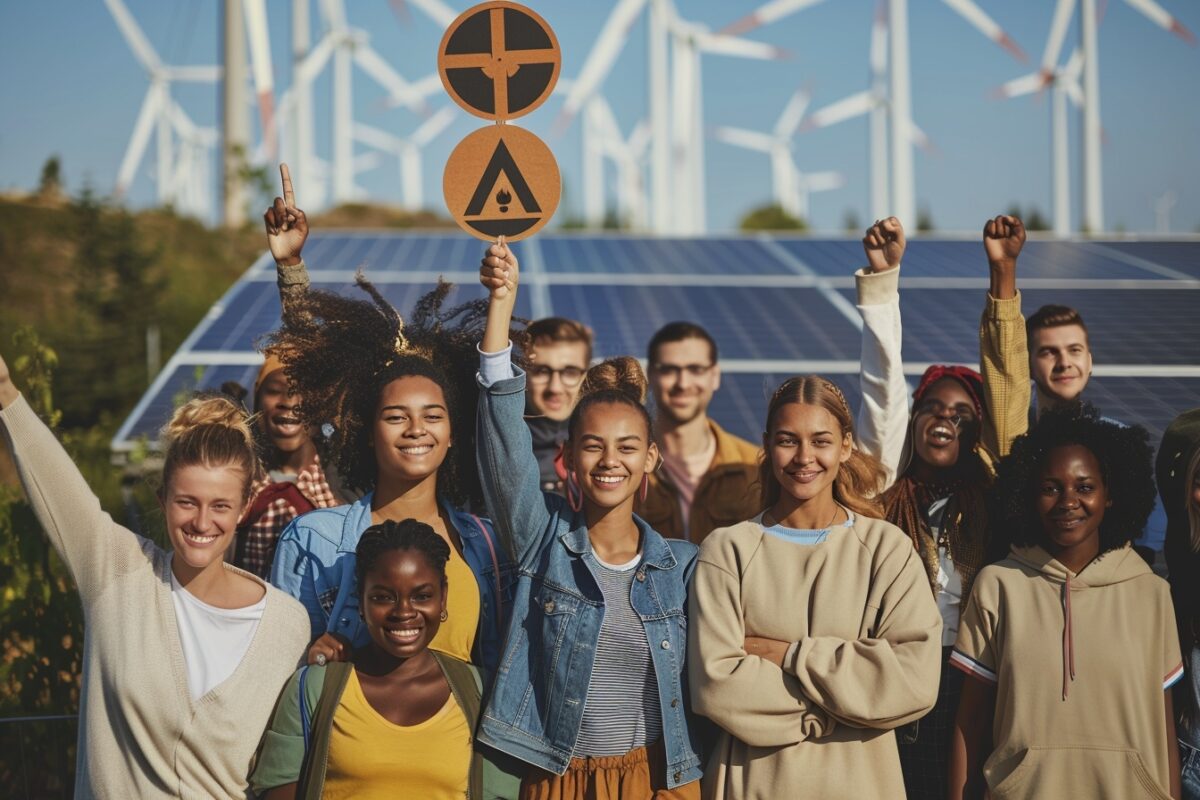Understanding the evolution of energy communities in EU legislation #
This shift empowered citizens to take ownership of renewable energy production, challenging the monopoly of corporations in the energy sector.
Despite this significant progress, there are several challenges that energy communities still face. These include access to the grid, funding shortages, and the complexity of administrative and regulatory procedures.
From local projects to broader initiatives: The role of energy communities #
Contrary to popular belief, energy communities are not limited to developing local renewable energy projects. In fact, the second-generation EU legislation for energy communities highlights that these citizen-led initiatives also contribute to other activities including renovations, alleviating energy poverty, improving energy efficiency, and even offshore wind and heating and cooling projects.
Community Heating and Cooling initiatives, which allow citizens to own their local renewable heating infrastructure, are flourishing across Europe. Projects like Belgium’s Beauvent, which raised €1 million from its members in 30 minutes, are helping to supply renewable heat to municipalities, citizens, small and medium enterprises, and hospitals.
Citizens owning the future: The potential of energy communities #
Direct citizen ownership of renewable energy projects is a powerful tool for social acceptance and accelerating the transition towards renewable energy. By 2050, around 45% of renewable energy production in the EU could come from citizen-led initiatives.
To achieve this, the Commission needs to ensure full and effective transposition, implementation, and enforcement of EU rules. This will create robust regulatory frameworks that remove obstacles for citizens and level the playing field for energy communities in the energy market.
Here is a summary of the content:
| 🔁 Evolution of energy communities | The 2019 EU’s Clean Energy Package introduced the framework for energy communities, empowering citizens to take ownership of renewable energy production. |
| 🌐 Role of energy communities | Energy communities contribute to various activities, from local renewable projects to offshore wind and heating and cooling projects. |
| 👥 Potential of energy communities | By 2050, about 45% of renewable energy production in the EU could come from citizen-led initiatives. |
- Energy communities are not limited to local renewable projects.
- Community Heating and Cooling initiatives are flourishing across Europe.
- Energy communities can contribute to alleviating energy poverty and improving energy efficiency.
- With the right support and regulatory frameworks, energy communities could be major contributors to renewable energy production by 2050.
FAQ:
- What is an energy community?An energy community is a group of citizens who collectively own and manage renewable energy projects.
- What can energy communities do?Energy communities can contribute to a range of activities, from local renewable projects to offshore wind and heating and cooling projects.
- What is the role of energy communities in the EU’s Clean Energy Package?The EU’s Clean Energy Package introduced provisions for energy communities, empowering citizens to take ownership of renewable energy production.
- What are the challenges faced by energy communities?Energy communities face several challenges including access to the grid, funding shortages, and complex administrative and regulatory procedures.
- What is the potential of energy communities?It is projected that by 2050, around 45% of renewable energy production in the EU could come from citizen-led initiatives.
